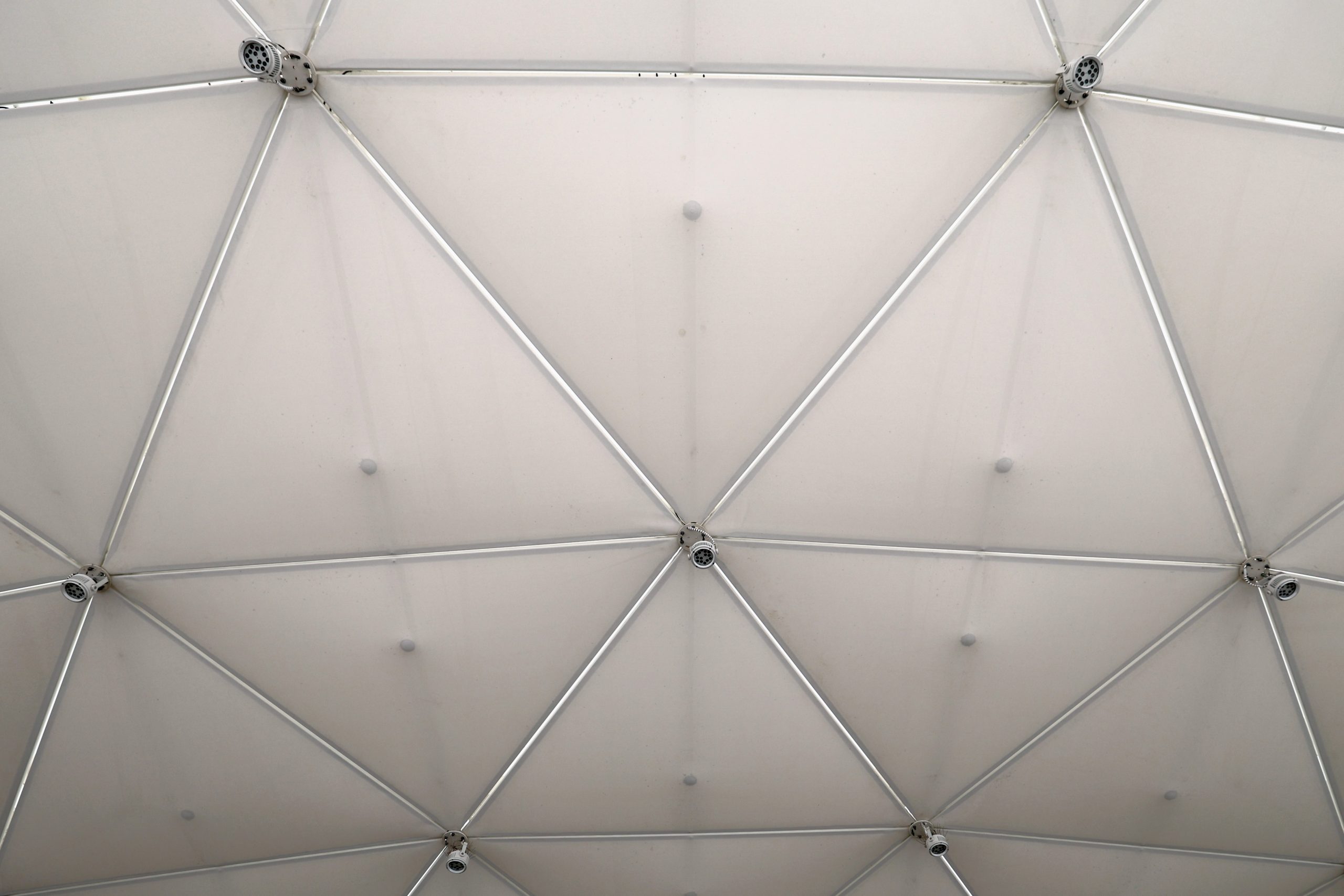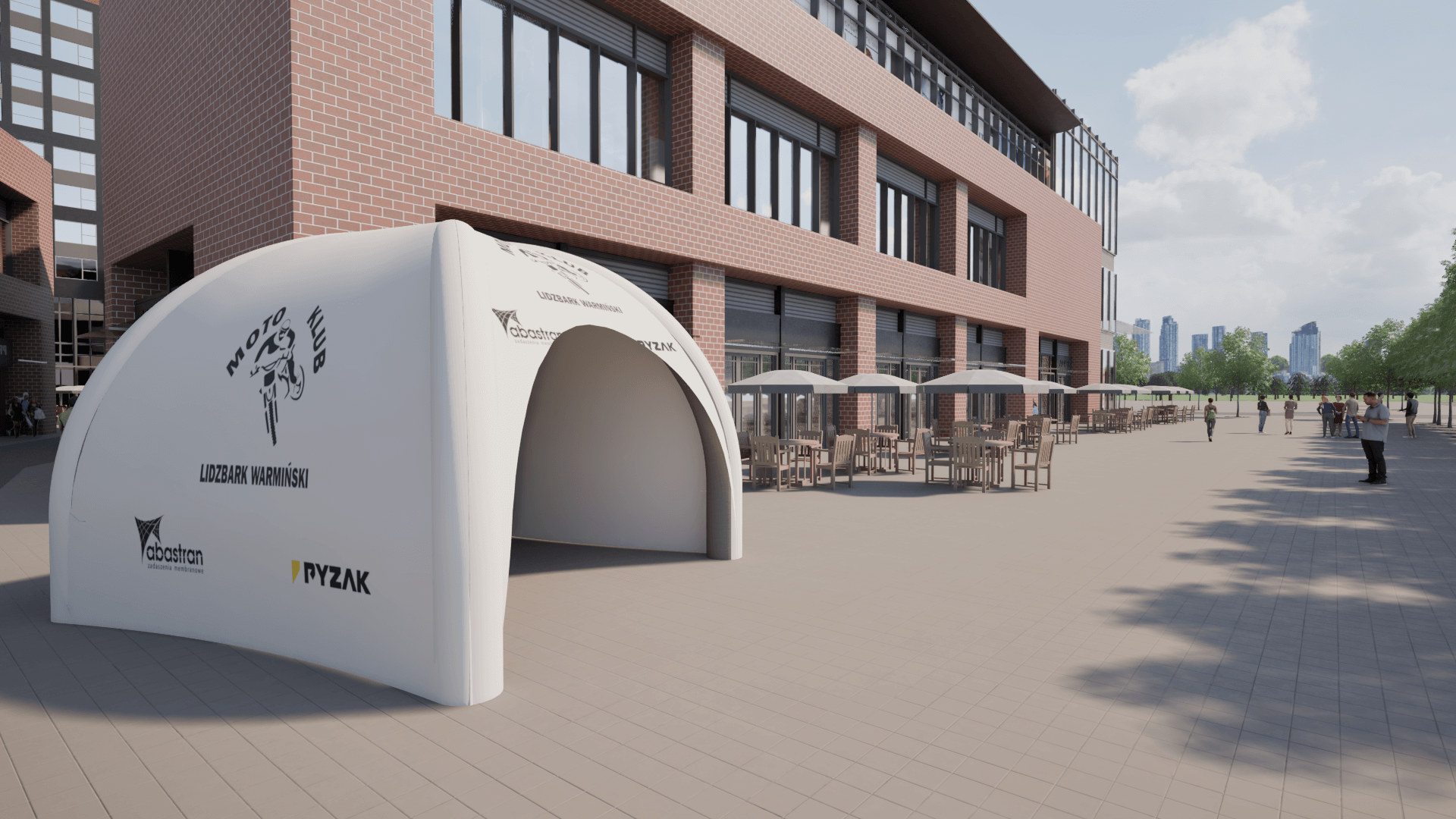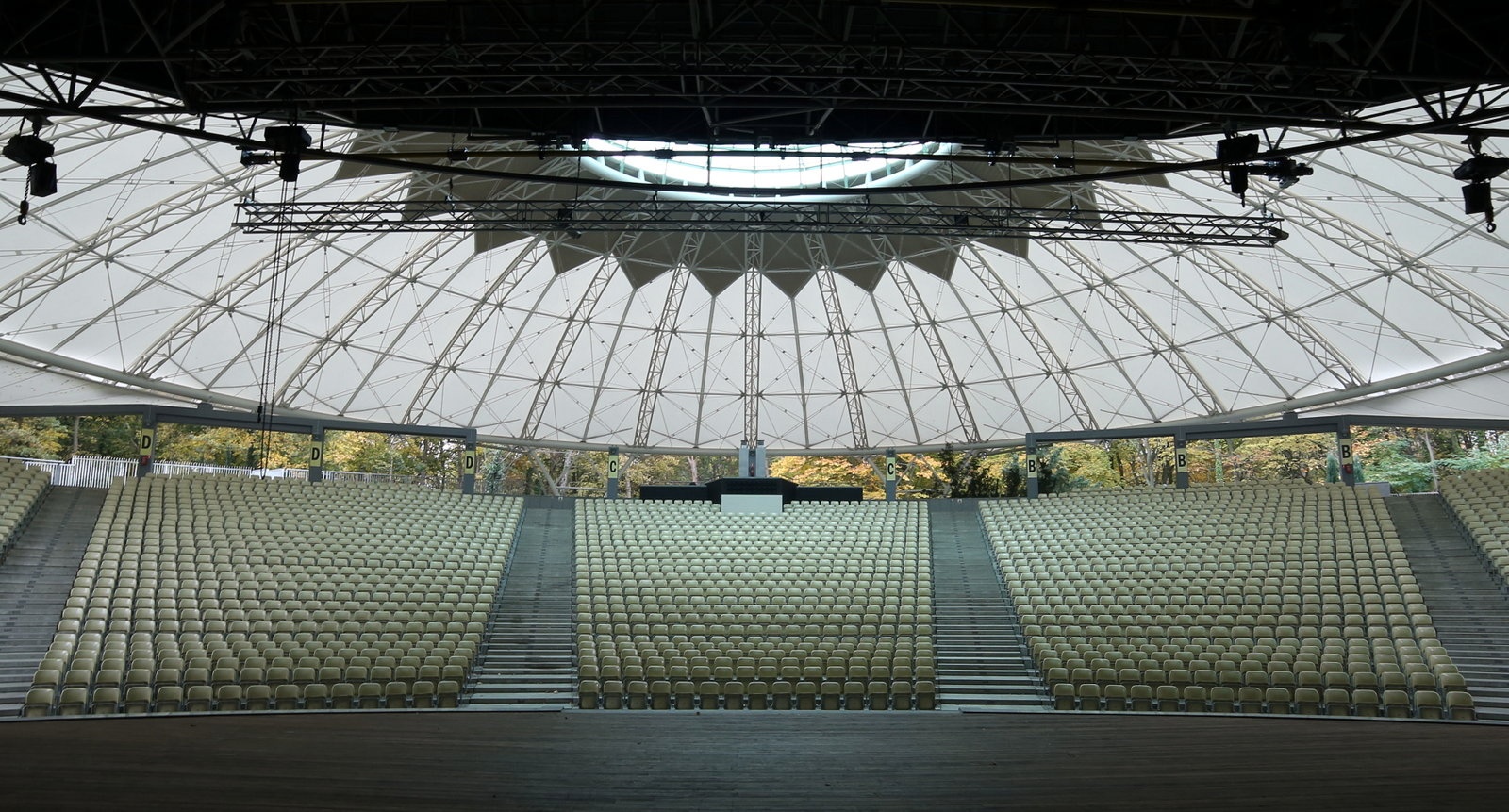
What Products Are Made from Technical Fabrics? A Review of Products and Applications
What Are Technical Fabrics?
Technical fabrics are specialized textile materials characterized by exceptional physical, chemical, and mechanical properties. Unlike traditional fabrics used primarily in clothing and decoration, technical fabrics are designed for specific industrial, medical, construction, and other applications. Due to their durability, resistance to extreme conditions, and ability to adapt to various needs, technical fabrics play a key role in many industries.
Definition and Characteristics of Technical Fabrics
Technical fabrics are materials that have been designed and manufactured to meet specific technical requirements. They can be made from various raw materials, such as synthetic fibers (e.g., polyester, polypropylene), natural fibers (e.g., cotton, silk), or blends thereof. The main features of technical fabrics include:
- Mechanical Strength – the ability to withstand heavy loads without damage.
- Chemical Resistance – the ability to resist the effects of chemicals such as acids, bases, or solvents.
- Weather Resistance – these fabrics are often resistant to UV radiation, water, wind, and temperature fluctuations.
- Elasticity and Stretchability – some technical fabrics can be elastic, allowing their use in structures requiring shape changes.
Types of Technical Fabrics: PVC, PTFE, and Others
Various types of technical fabrics are available on the market, each with its specific properties and applications. The most popular ones include:
- PVC Fabrics – made from polyvinyl chloride, which is exceptionally resistant to weather and chemical factors. They are commonly used in the production of tarpaulins, roofing covers, and membrane roofs.
- PTFE (Teflon) Fabrics – characterized by high resistance to temperature, chemicals, and low friction. They are used in the production of roofing membranes, filters, and insulation materials.
- Aramid Fabrics (e.g., Kevlar) – known for their extraordinary strength and cut resistance, they are used in the production of protective clothing, helmets, and structural reinforcements.
An Overview of Products Made from Technical Fabrics
Technical fabrics are widely used in the production of various products that meet specific technical requirements. Here are some examples of the most common products.
Membrane Roofs
Technical fabrics are widely used in construction to create lightweight roofs and membrane covers. These membranes are flexible yet durable, making them ideal for temporary and permanent structures. They can be found in sports facilities, production halls, warehouses, exhibition centers, swimming pools, and architectural structures that require large spans without internal support.
Tarpaulins and Industrial Covers
Technical fabrics are the primary material used for producing tarpaulins and industrial covers. They are used in transportation to protect cargo, in warehouses as covers for machinery and materials, and in construction as temporary protections on building sites. Thanks to their resistance to mechanical damage, chemicals, and weather conditions, tarpaulins made from technical fabrics provide long-lasting protection in various conditions.
Protective Materials and Specialized Clothing
One of the key applications of technical fabrics is the production of protective and specialized clothing. These fabrics are used to sew protective suits, gloves, boots, and other clothing items that must protect the wearer from harmful substances, high temperatures, radiation, or mechanical damage. An example could be firefighting suits, which must withstand extreme conditions, including high temperatures and contact with flames.
Fabrics for the Medical and Sanitary Industry
Technical fabrics also play a crucial role in the medical and sanitary industry. They are used to produce masks, gowns, gloves, and other disposable items. Thanks to their antibacterial properties and resistance to biological fluids, these fabrics help ensure the safety of patients and medical staff. Additionally, some technical fabrics are used in the production of dressings and medical implants, demonstrating their versatility and importance.
Applications in Agriculture and Horticulture
In agriculture and horticulture, technical fabrics are used in various forms, from plant covers and mulching materials to specialized tarpaulins that protect crops from adverse weather conditions. These fabrics help increase plant production efficiency, protect crops from pests, and improve the microclimate for crops.
Innovative Products Made from Technical Fabrics
Technological advancements also bring innovative applications for technical fabrics. Examples include smart fabrics that can monitor the user’s health status or materials that change color with temperature. Other innovative products include composite fabrics, which combine the features of several different materials, creating solutions with unique properties.
Conclusion
Technical fabrics play a key role in modern industry and construction, offering solutions that are durable, resistant, and versatile. Thanks to their unique properties, they are used in a wide range of applications, from health protection to architectural structures. Their growing popularity indicates their irreplaceable importance in many industries. As technology continues to evolve, we can expect even more innovative products made from technical fabrics to meet increasingly demanding needs.

Advertising Tents as an Investment – How to Increase Brand Recognition at Events?


Competition for Innovative Membrane Roofing – Results and Inspirations
This year, we had the pleasure of organizing a competition together with the Faculty of Architecture at the Silesian University of Technology for 6th-semester students to design innovative membrane roofing. The award ceremony, held at the Faculty of Architecture in Gliwice, was the culmination of the young designers’ creative and technical journey.



